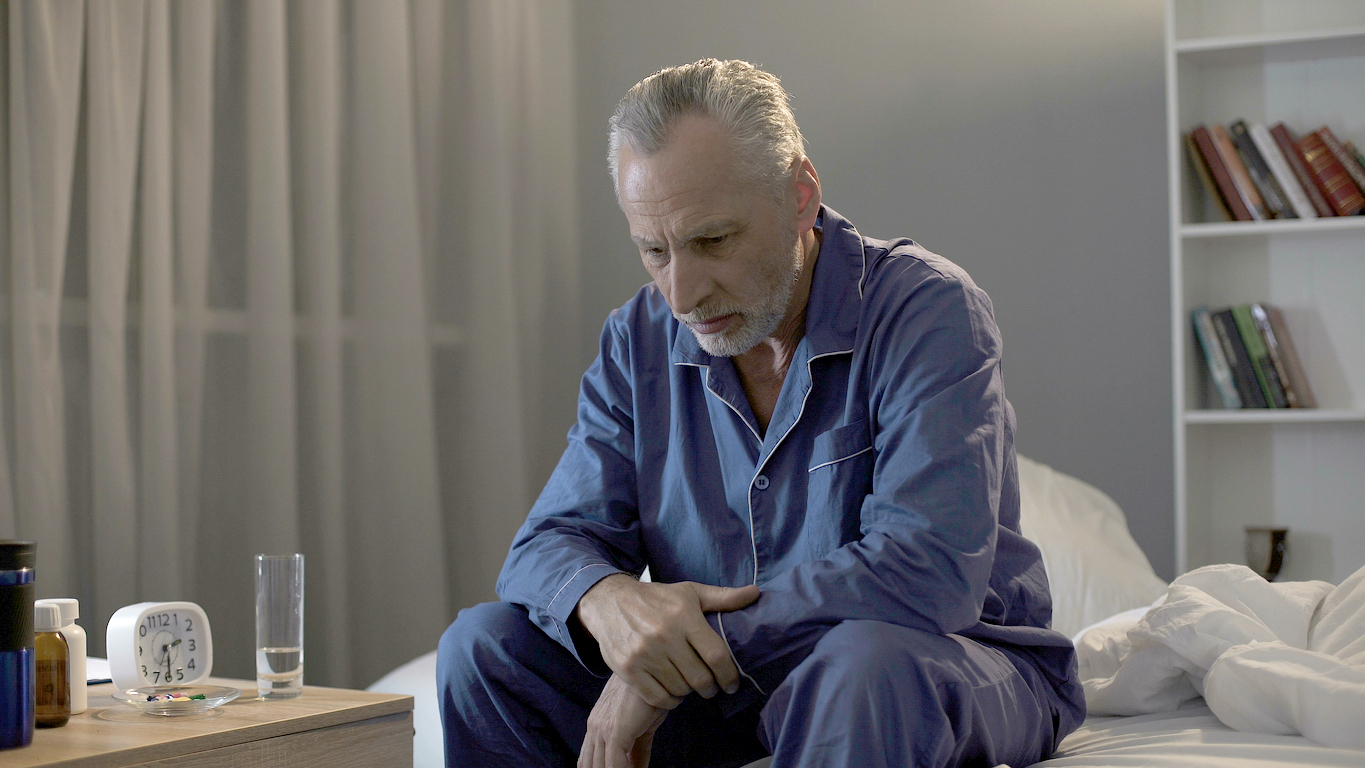If you need help getting to sleep every night and have come to rely on a sleep aid, it might be time to speak with your doctor about alternatives
By Wendy Haaf
Illustration: iStock/kbeis.
Most people who take Z-drug sleep medications such as Ambien and Lunesta (as do about 9% of Canadians 65 or older) aren’t using them safely, according to a study published in the journal JAMA Internal Medicine.
Using data from a 2015 survey of more than 35,000 non-institutionalized US adults, researchers determined the percentage of patients who had the following behaviours, each of which increases the likelihood of experiencing adverse side effects such as impaired thinking and falls:
• Taking the medications long-term (68%)
• Taking large doses (68% of females and 64% of people 65 or older—the groups at greatest risk for adverse side effects)
• Using opioid pain medications or benzodiazepine sedatives/anti-anxiety drugs (41%) as well as the sleep medication (48%)
Free Insomnia Resource
The most effective treatment for insomnia—cognitive behavioural therapy for insomnia, otherwise known as CBT-I—is out of reach for many who could benefit from it, due to either the cost or a lack of access to professionals trained in it.
To help reduce reliance on drugs to fight insomnia, David Gardner, a pharmacist and professor of psychiatry at Dalhousie University in Halifax, has designed a do-it-yourself version of the therapy that is not only free but as handy as your smartphone, computer, or tablet. For more, check out mysleepwell.ca.






